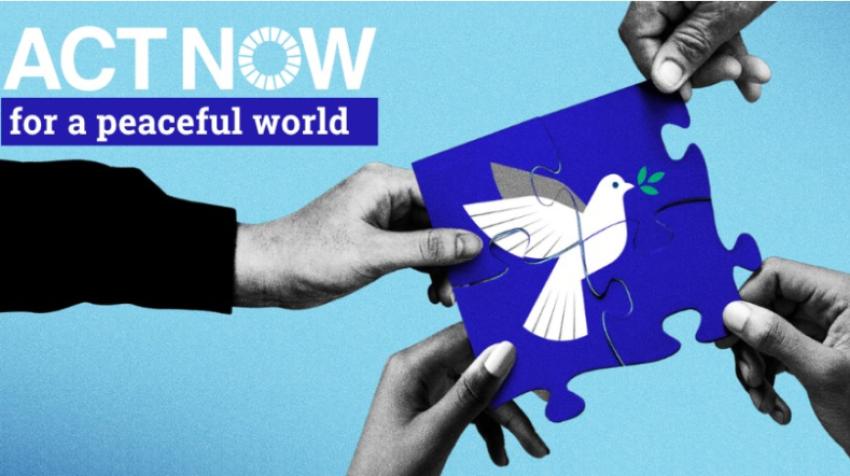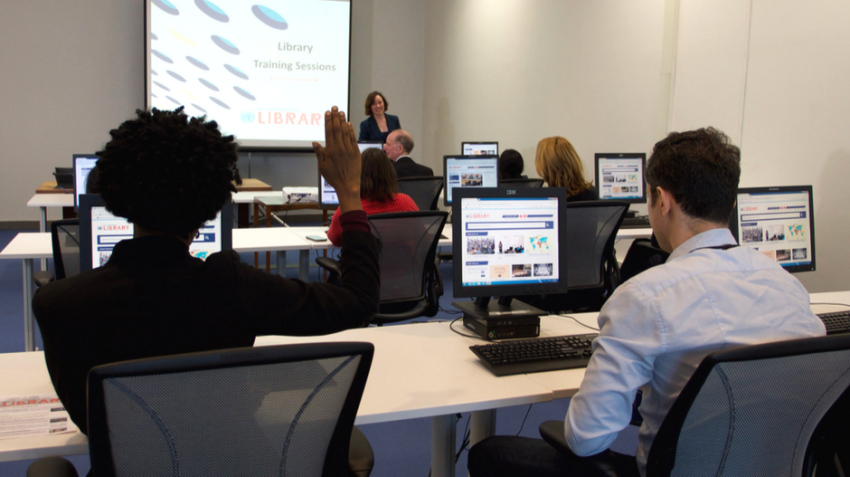Anuwar Mohammedamin, Head of the Access and CMCoord Unit (a.i.) with the Office for the Coordination of Humanitarian Affairs (OCHA) in Ethiopia, shares how frontline engagement unlocks humanitarian access in conflict-affected regions.
What is the biggest access challenge you encountered in your operational context?
In Ethiopia, in areas affected by hostilities and violence, the risk of kidnapping and abduction is present, even though humanitarians might not always be directly targeted.
What complicates our efforts is the multiplicity of armed actors, including unidentified armed groups, local militias, and other factions, particularly in areas like Gondar, Shewa, and parts of South Wello (Amhara Region) and western Oromia.
The ongoing conflict in Amhara has triggered a sharp rise in humanitarian needs, while undermining the rule of law, impacting access to affected populations, and threatening the safety of humanitarian personnel.
We have witnessed increased risks, with intermittent restrictions on the movement of supplies and staff and the occupation or vandalism of critical public infrastructure, including schools and health facilities. This, in turn, has limited communities’ access to essential services.
As part of my role, I lead engagement efforts with stakeholders, including non-state armed groups and community representatives. By positioning humanitarian actors as neutral entities, these engagements foster trust and open pathways for service delivery in areas with limited or no state presence.
How is the Humanitarian Reset impacting access coordination and engagement?
Sadly, because of funding reductions, we have lost team members, hampering our ability to effectively manage and deliver on parts of our work, including bureaucratic and administrative impediments.
That said, we are doubling our efforts to make sure that the work gets done and, above all, that we can continue to ensure that humanitarians reach the people who need us the most.
How do you think OCHA can better tap into national expertise when it comes to access?
Working in access requires deep contextual understanding and local knowledge. That is why it is imperative to tap into local personnel, who bring valuable insights into national and regional dynamics, cultural sensitivities, and stakeholder relationships, all critical for access coordination and engagement.
In our context, this approach is already in place. In complex operational environments, such an approach is essential, as a more nuanced understanding of local dynamics often determines whether access efforts succeed or fall short.




